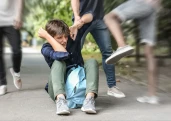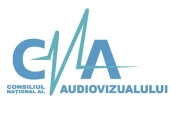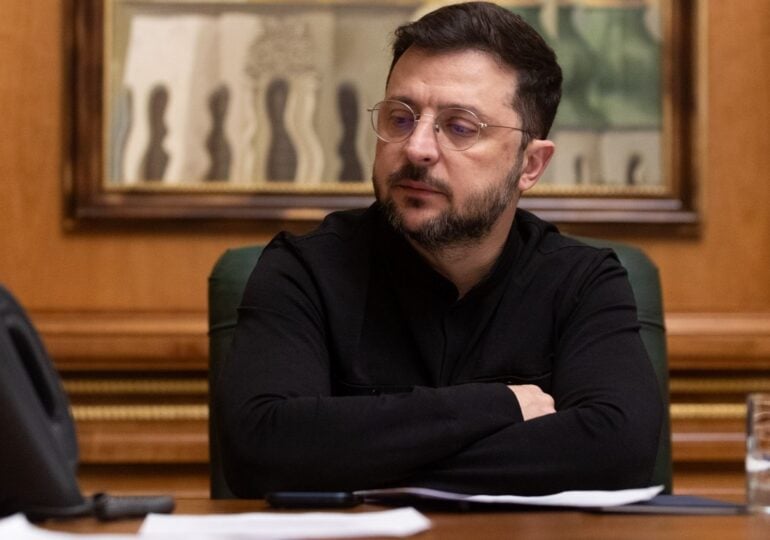More than two-thirds (68%) of parents believe that digitalization can improve the quality of education, and 27% see "clear" evidence that the digital reform is currently working, shows a survey released on Thursday by the National Federation of Parents - EDUPART, during an event organized at the Palace of Parliament.
The research shows that, in urban areas, one in three parents is more critical of the education system, despite having greater resources, with urban skepticism deriving from direct contact with "inefficiencies, not from structural distrust", agerpres reports.
"There are two major educational orientations: a traditional one (grammar, religion, history) and a modern-pragmatic one (computer science, foreign languages, sciences). Together they explain 65% of the variation in educational values," the survey indicates.
At the same time, 54% of parents simultaneously support moral values and modern skills.
According to the survey, there are three distinct profiles of parents: traditionalists - 46%, especially from rural areas; pragmatics - 38%, focused on utility and the labor market; civics - 16%, associated with higher education and democratic values.
Civic parents have the greatest trust in school and teachers, the same study reveals.
In rural areas, lack of communication is perceived as indifference, while in urban areas it is interpreted as a lack of transparency.
Almost two-thirds (64%) of parents believe that the family is primarily responsible for preventing drug use, while only 22% indicate the state or authorities, and 9% - the school.
According to the research, parents with a high level of trust in the state are 2.8 times more likely to believe that the authorities should intervene.
"Vocational education is particularly supported by parents with low incomes (+37% compared to the national average). For them, vocational training is more of a survival strategy than a vocational choice. Parents with higher education tend to reject vocational education (-0.24 logistic coefficient). They perceive it as a "risky option" for social mobility. The rural environment has a higher moral capital than civic capital. Responsibility and discipline are valued more than participation and critical thinking," the survey also shows.
At the same time, the study reveals, 74% declare that they have "high trust" in school, compared to only 39% in local administration and 27% in the ministry.
Eight out of 10 parents say that "school is the safest investment for a child's future," with education remaining a symbol of collective hope, not just a public service.
Only 36% of parents believe that the curriculum reform has been clearly explained.
The study also reveals that the communication deficit is becoming the main obstacle to the reform, not its content.
"Overall, parents define education as a space of stability and recognition, not just learning. In a tense society, school remains one of the last places where trust can be rebuilt," is one of the conclusions of the survey.
The data collection was carried out by the National Federation of Parents - EDUPART, between April and June 2025, based on a sample of 19,183 parents, about whom information was collected on the residential environment (urban/rural), historical region, educational level, age and gender.
The research instrument was a standardized questionnaire applied online, including 30 thematic questions on: school-parent communication, satisfaction with educational institutions, perceptions of reform and digitalization, value orientations regarding school subjects, attitudes towards vocational education.
The data were weighted to ensure the representativeness of the population of parents with children in pre-university education, according to the INS 2024 structure.
































Comentează